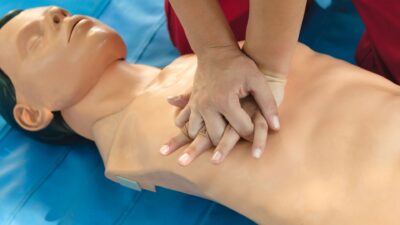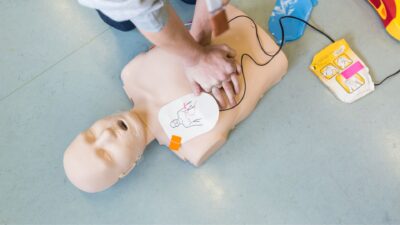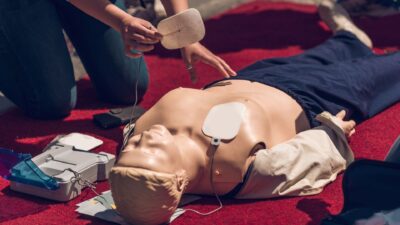
Why CPR Certification is Important for Construction Workers
In the bustling world of construction, where every day presents new challenges and risks, the safety of workers remains a paramount concern. Amidst the heavy machinery and towering scaffolds, emergencies can arise without warning, making preparedness a critical component of any construction site. This is where CPR Certification Lanham steps in, providing essential training that…
Read More







